It’s hard to find good minions anymore.
The Chestermere man charged with attempted murder in Minnesota says it was God that made him stab another truck driver.
According to documents filed in the Clay County Court, Harmit Singh Bhangu, 32 of Chestermere, told an officer who was interviewing him that God orders him to do things.
How the mighty have fallen. God used to have henchmen like Moses and Joshua, and now he’s reduced to working with crazy people.
I don’t want to pick on the poor guy, even though he’s a very very scary poor guy who’s just about killed another poor guy. Mr Bhangu has got some serious problems, and maybe some medication might have helped him.
But the Brain Teaser of the Day is: On what basis would a religious believer claim that God didn’t really order him to kill a man?
Is it because God would never tell someone to kill someone else? That’s a hard view to defend from the Bible. Try reading Joshua 13, where Yahweh appears as some kind of evil familiar, impelling the aged Joshua to yet more slaughter.
Is it because Mr Bhangu is doing obviously crazy things? Ezekiel lay on his side for over a year. He also ate bread cooked over a cow pat. All perfectly biblical, and extremely loopy.
As a Mormon, the question of how to evaluate other people’s revelations used to be a tough one. Now as an atheist, it’s easy. Anyone who says that a god is speaking to them is wrong. But I don’t care so much as long as they’re keeping their delusion to themselves, keeping it away from children, not harming anyone with it, and not trying to legislate on the basis of it. When they overstep these bounds, they move from deluded to dangerous, like Mr Bhangu.
Now here’s a part from the article that caught my attention:
“(The) defendant stated that he knew it was wrong to kill people in this country but that God had ordered him to do it,” say the documents filed by police.
And if God orders you to do something, you don’t worry about a trifling thing like law. All my life, I heard people in church telling me that God came first. God’s law was higher than man’s law. Little did I realise that they were implanting a meme that would justify my breaking any law that the church considered wrong.
And I see that it’s not just Mormons that are getting the treatment. Here’s a Christian columnist asking kids the musical question:
What Would You Do If Arrested For Talking About God?
“If they threatened to hurt me if I didn’t stop talking about God, I wouldn’t listen to them because I know that I am pleasing God,” says Megan, 9.
Megan would be following the example of the Apostles Peter and John upon their release from jail.
…
Ask this question: If police were told to arrest all Christians in your area, would they come to your house?
Hurt them? Arrest them? Who’s advocating this? Or is this a bit of galvanisation through paranoia?
This article delivers two memes at once: ‘Religious Dogma Over Secular Law’, and ‘They’re Coming to Get Us’. But fancy putting either one before a child. At best, you make them fearful for the safety of their family, and at worst you raise a generation of Law-Breakers for Jesus.
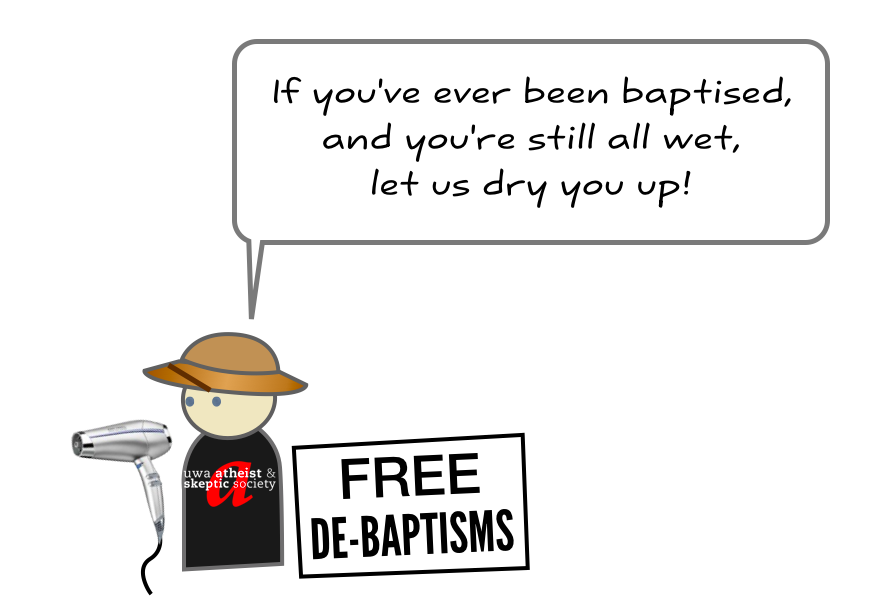
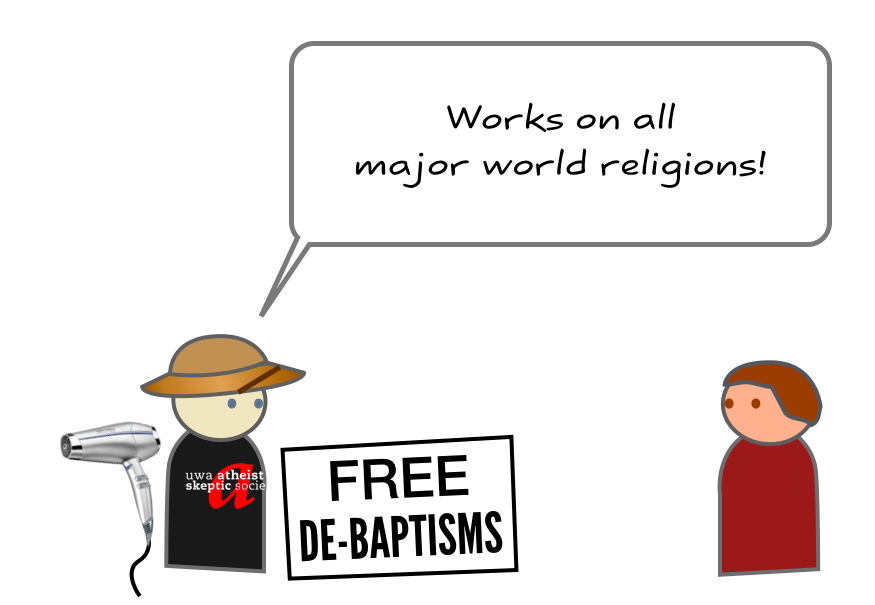
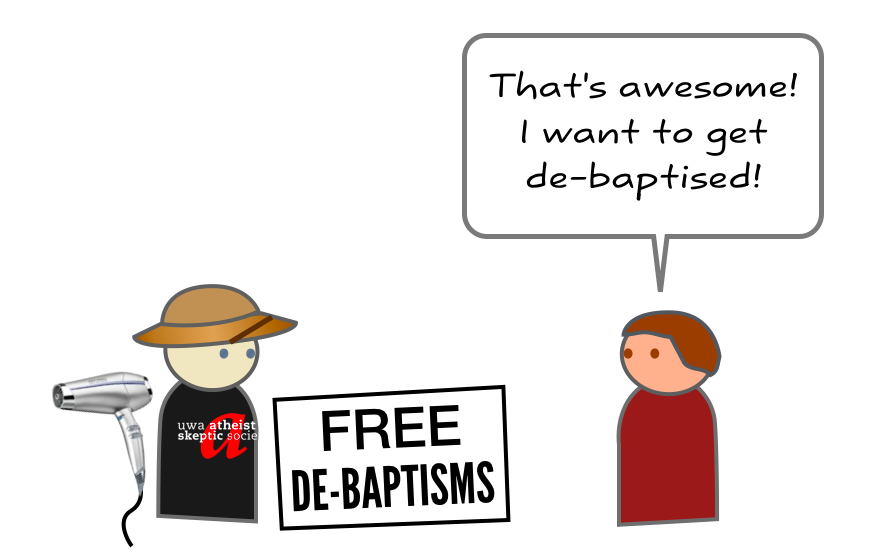
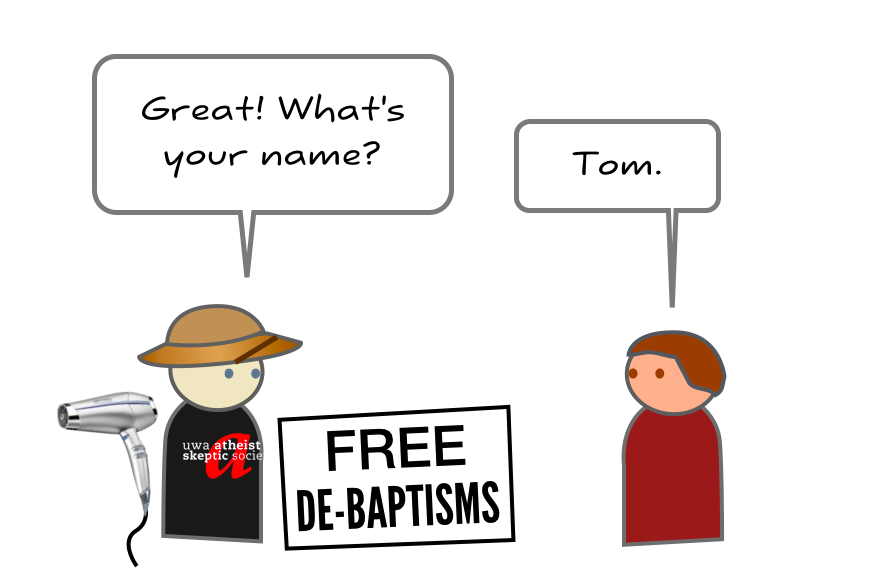
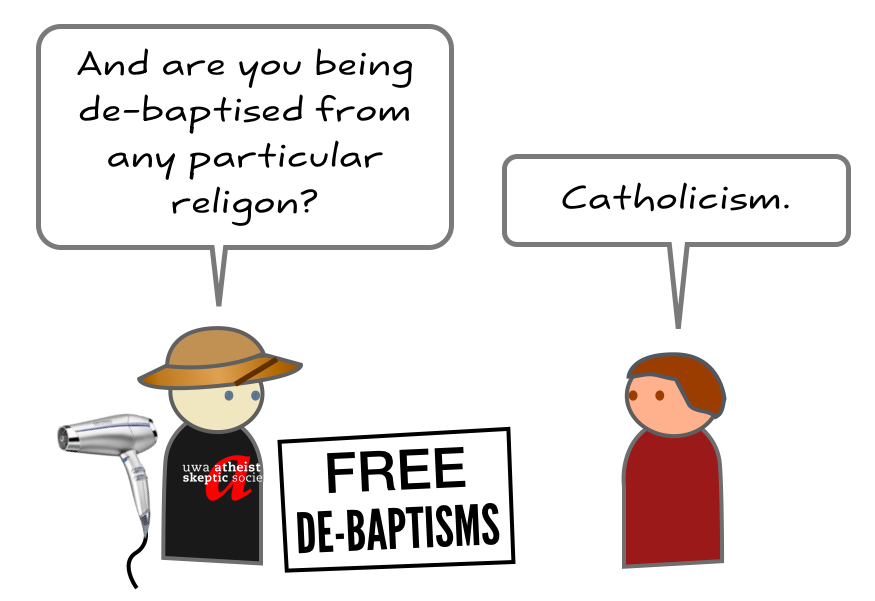
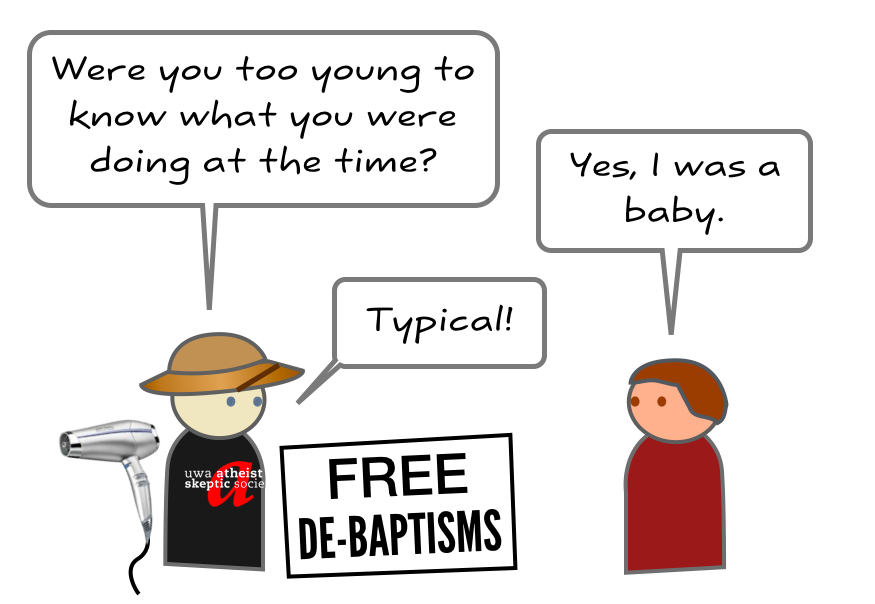
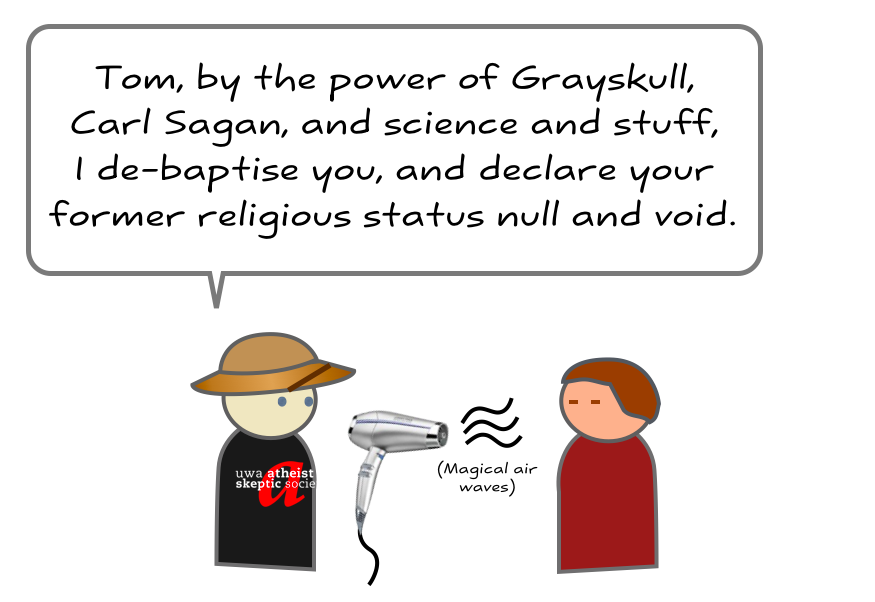

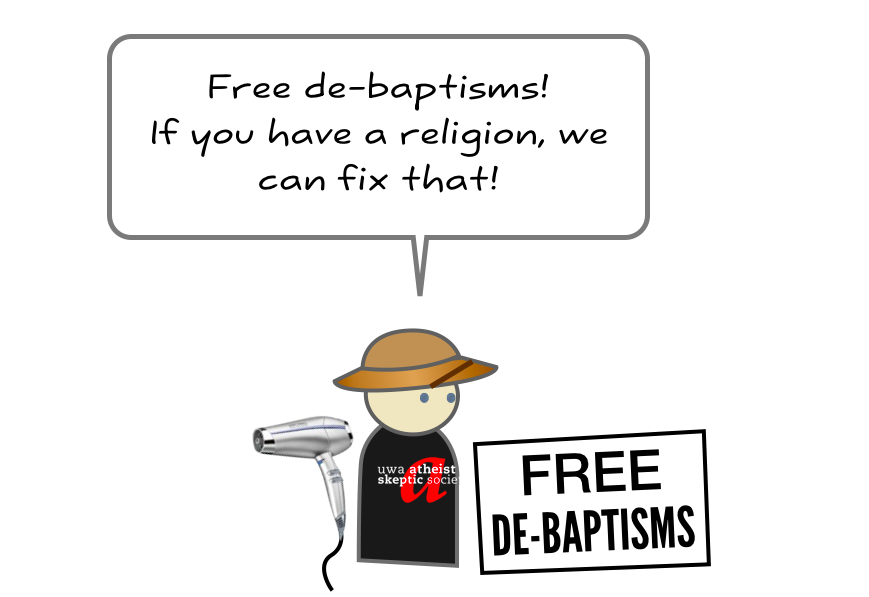
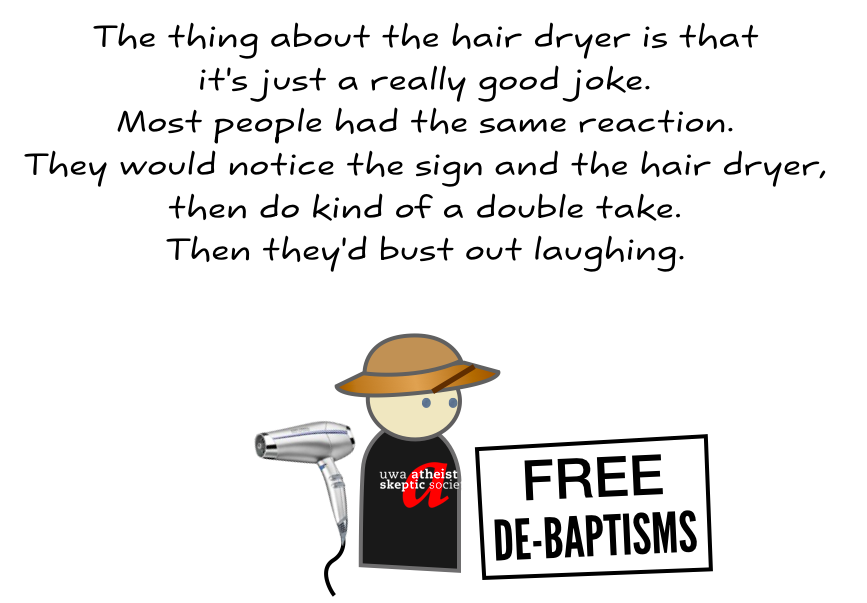
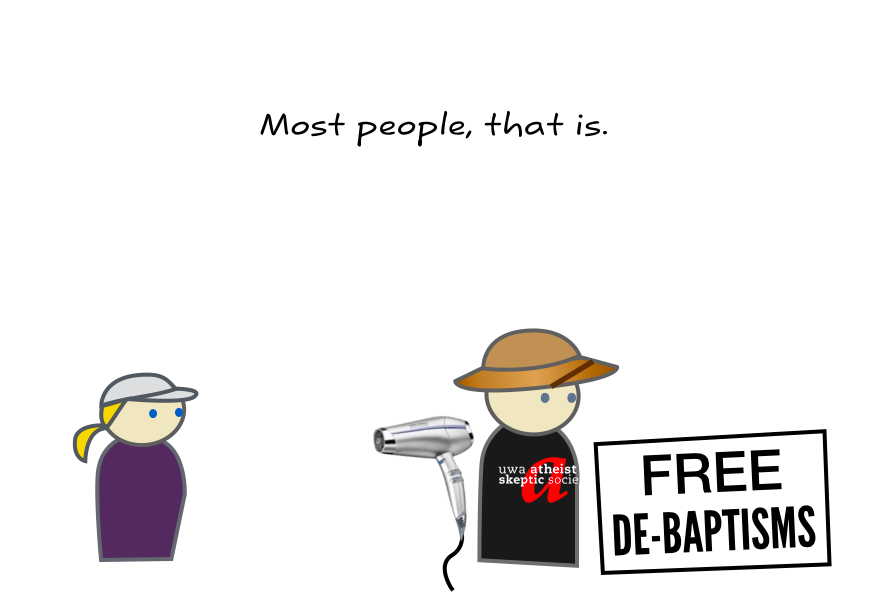
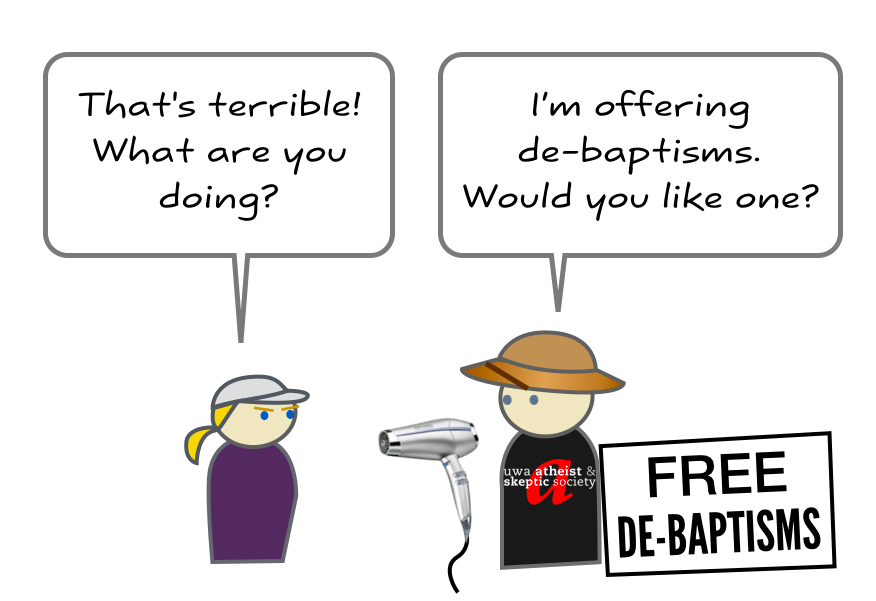
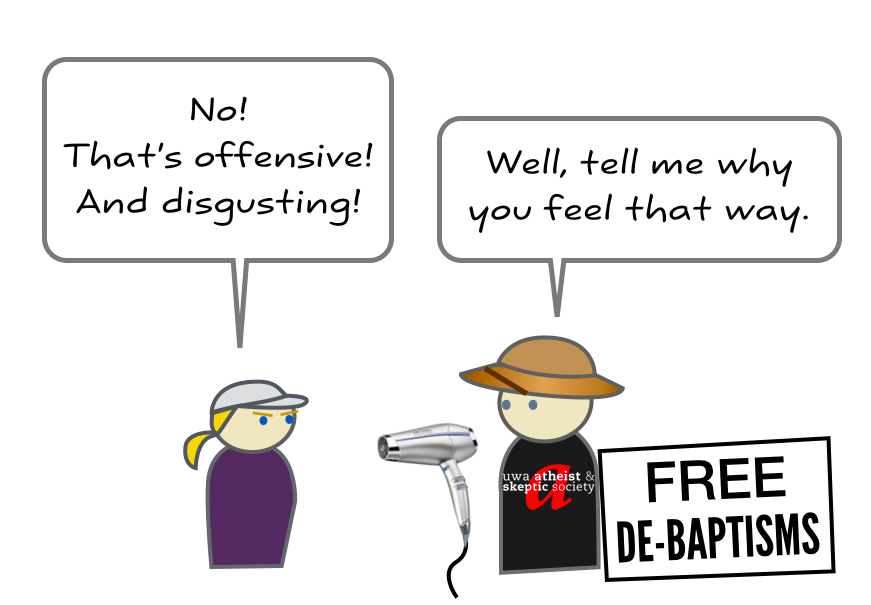
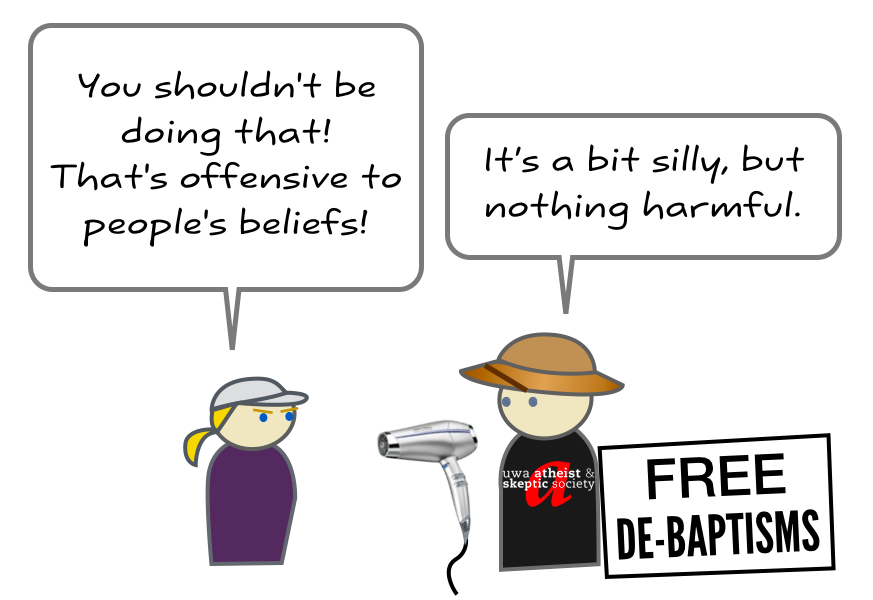
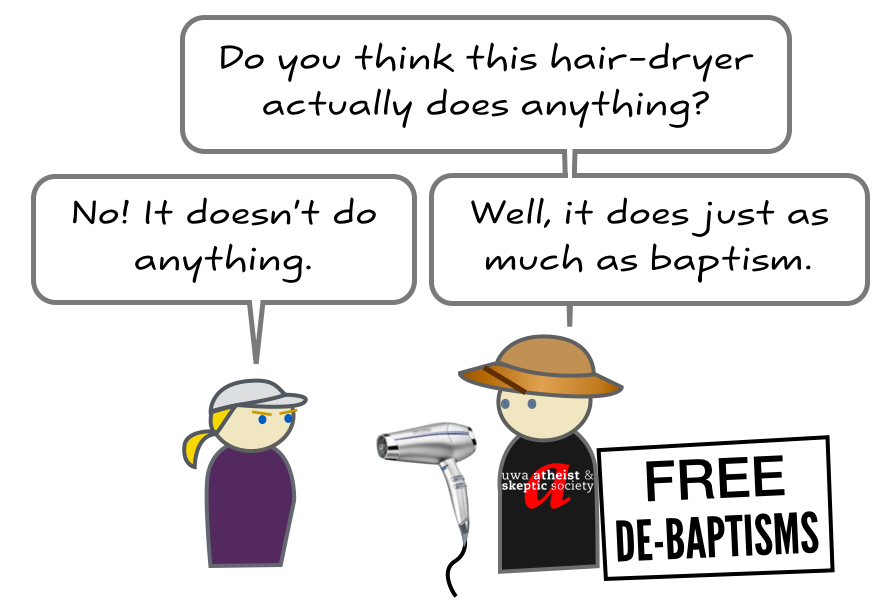
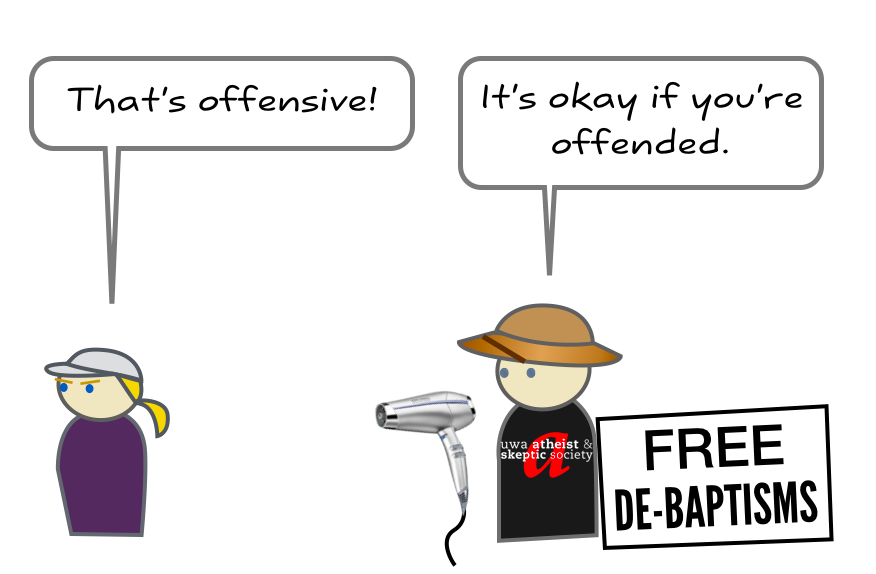
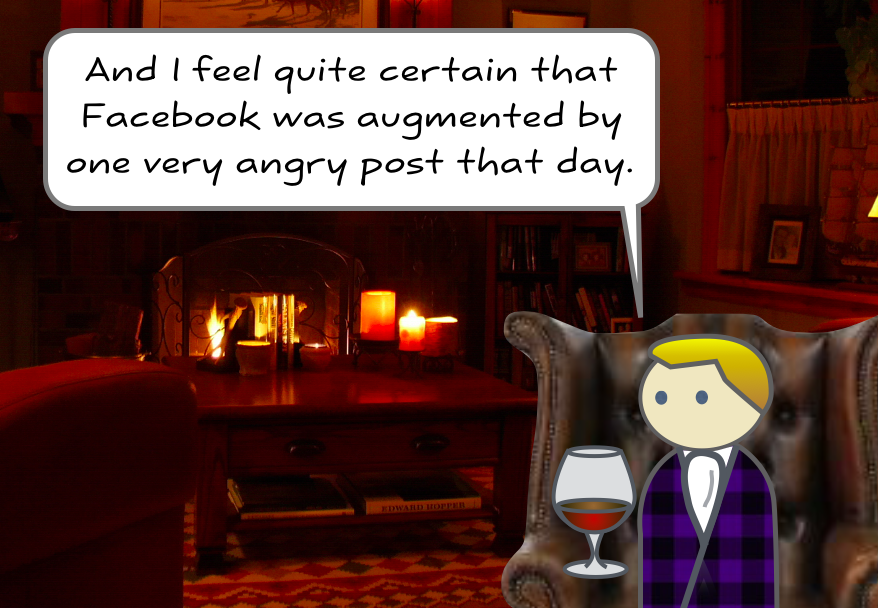
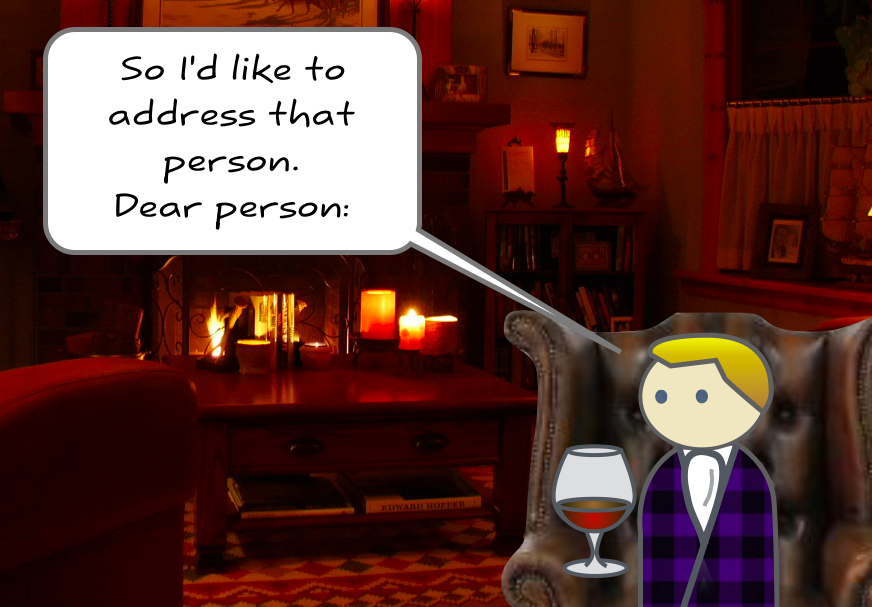
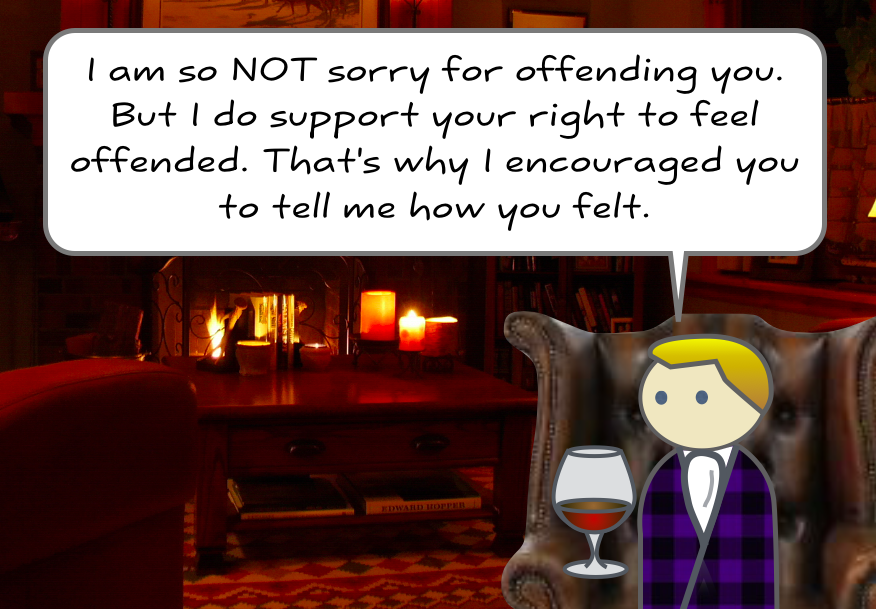
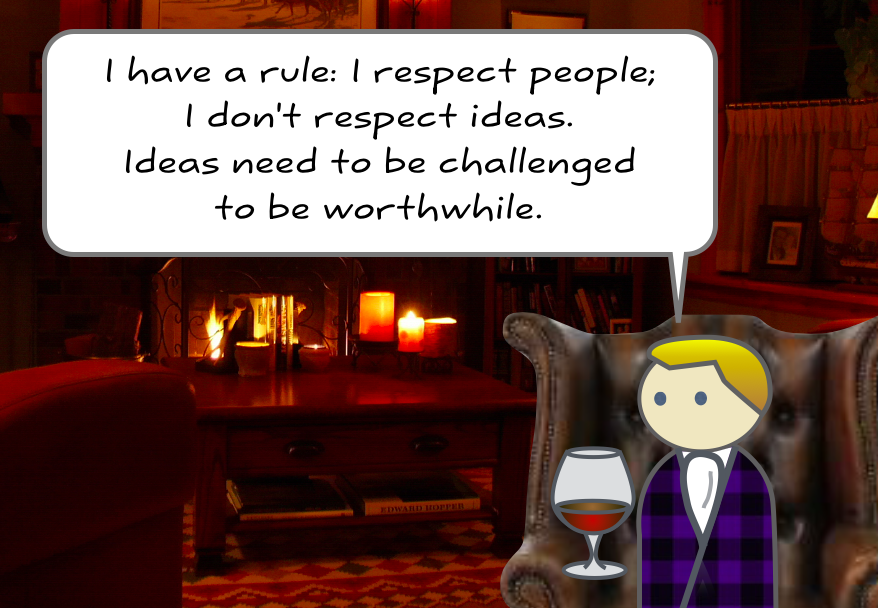
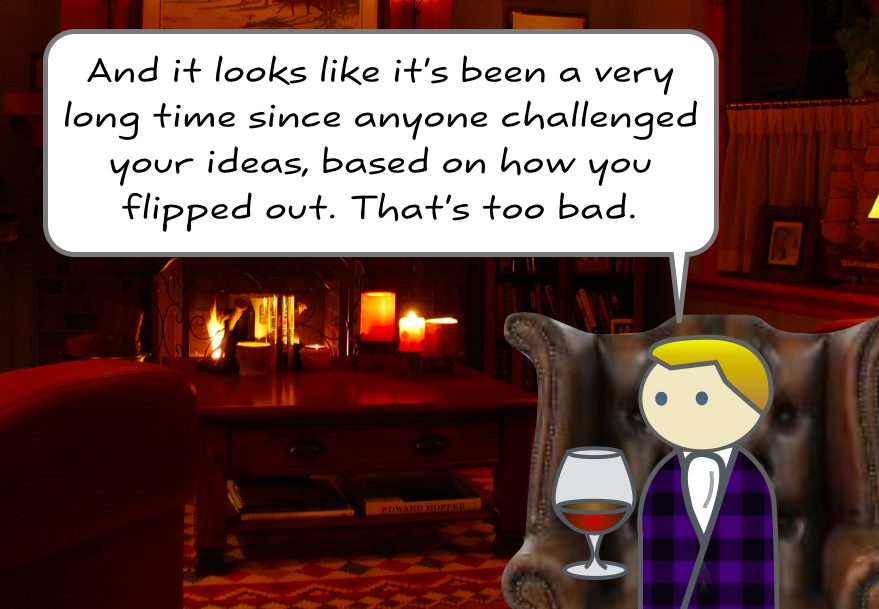
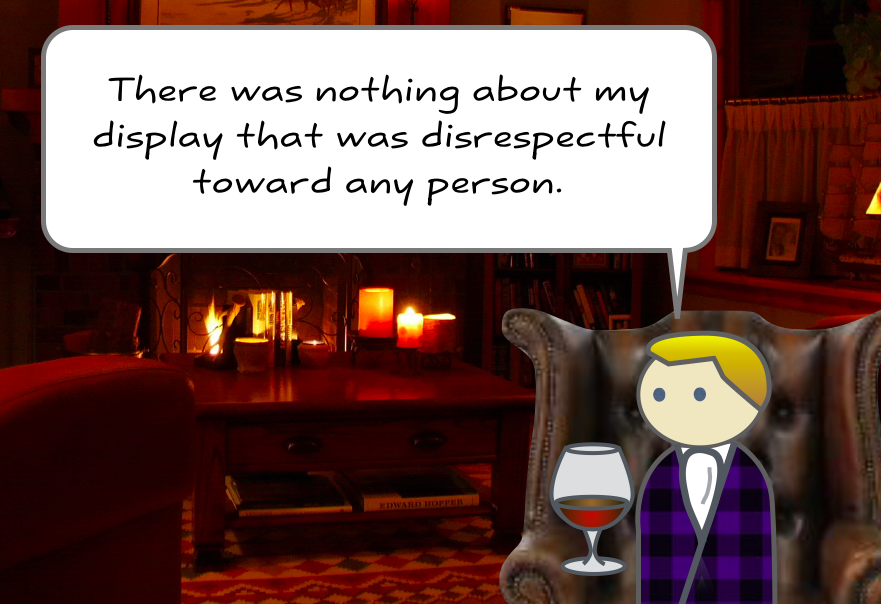
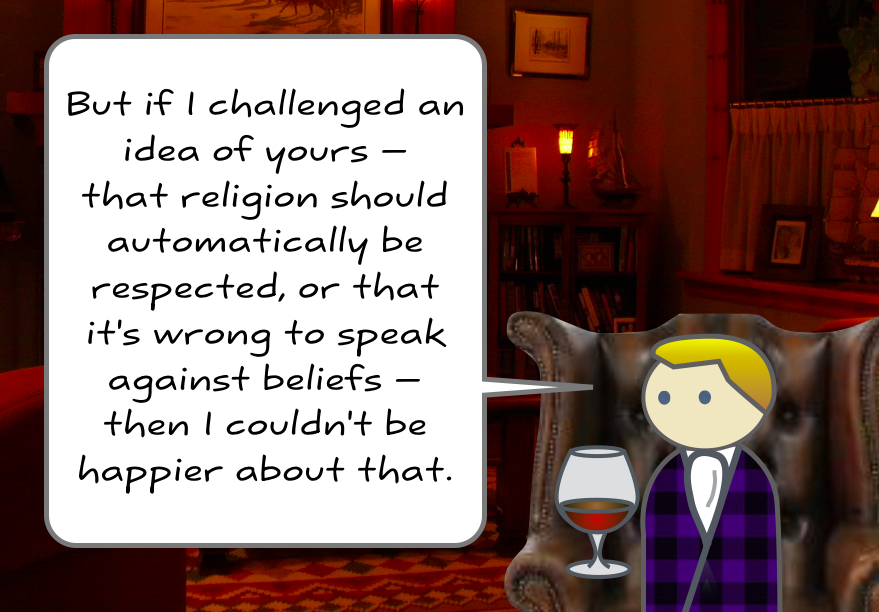
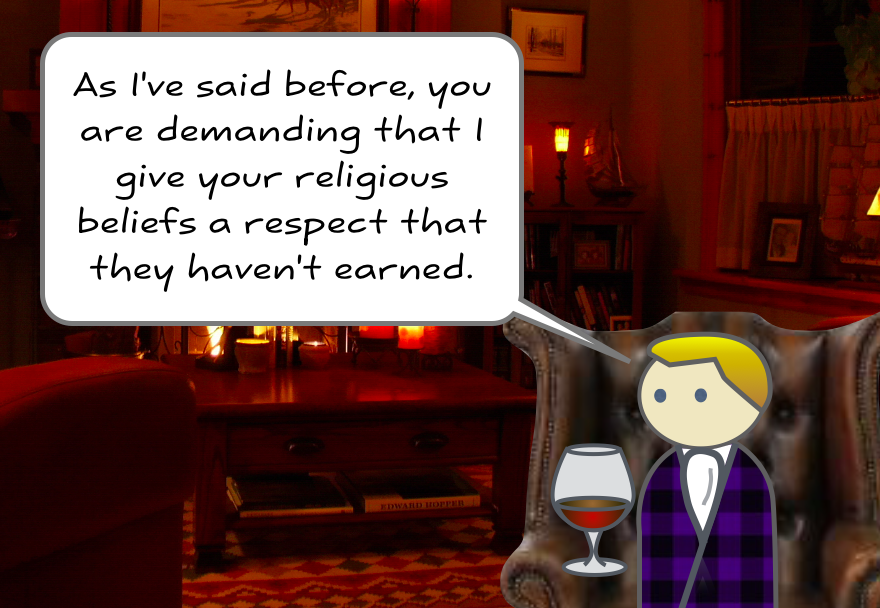

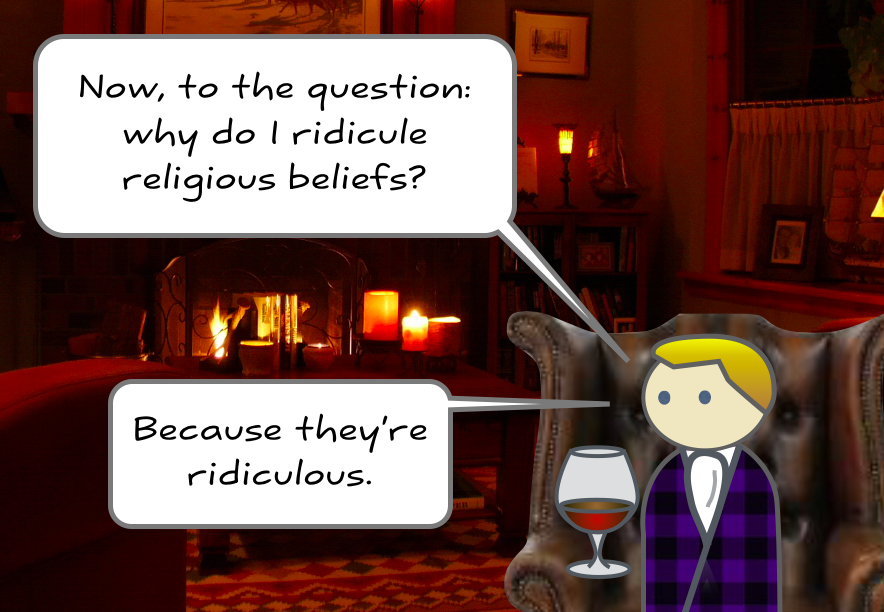
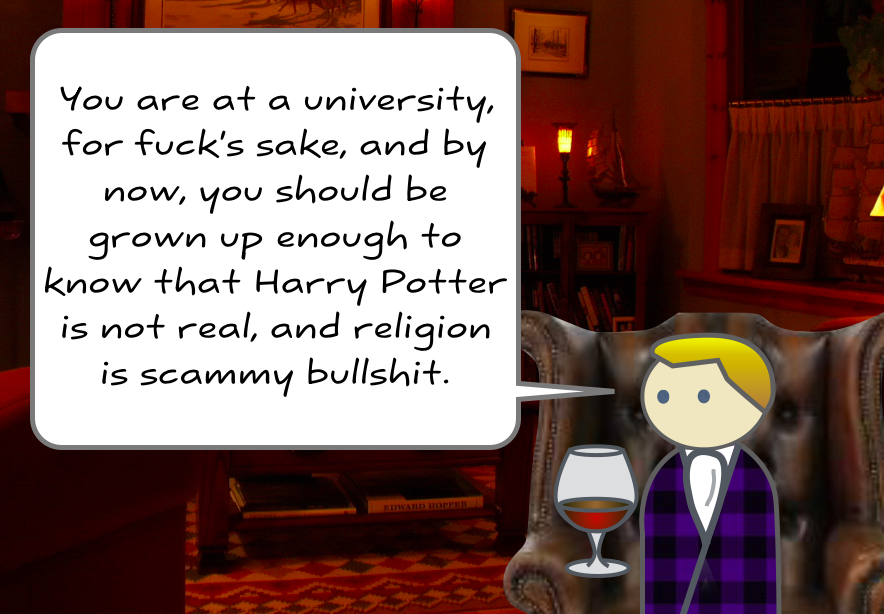
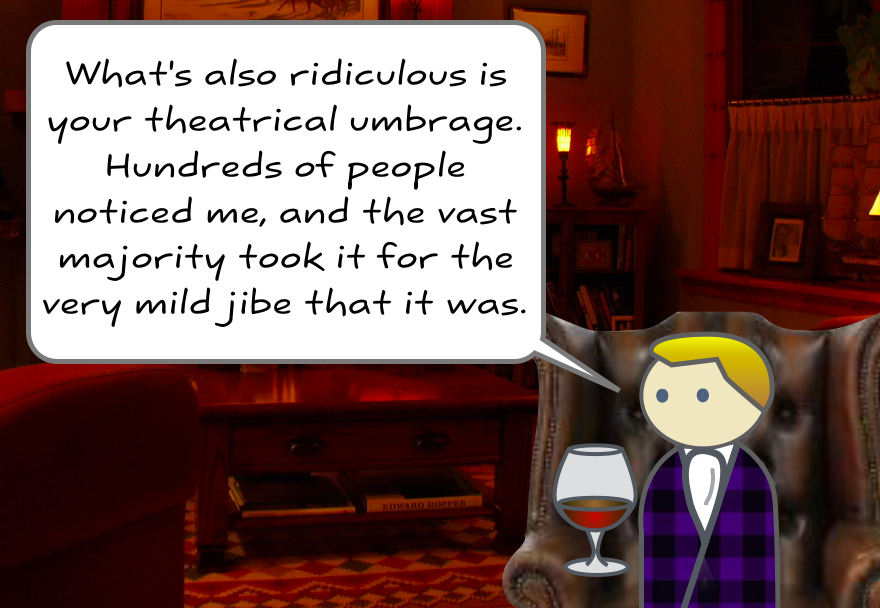
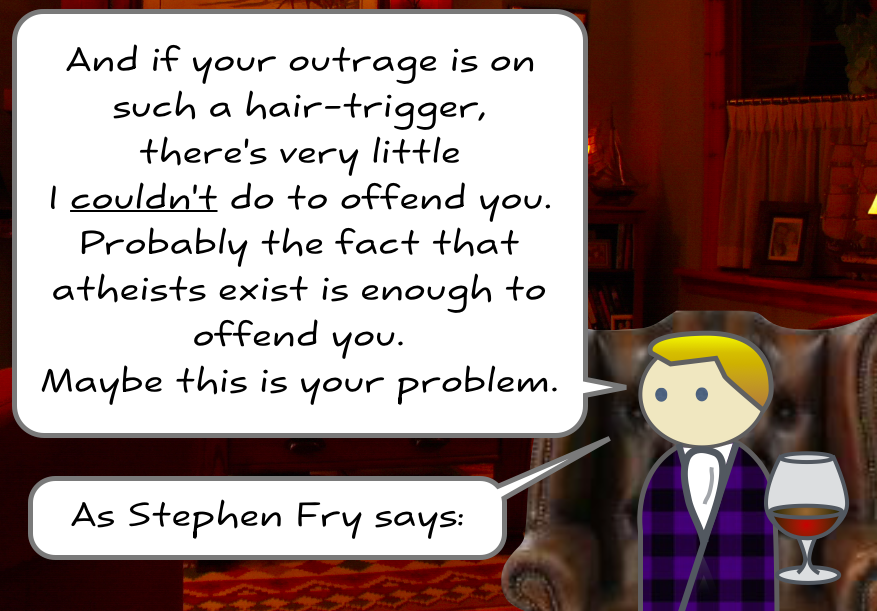
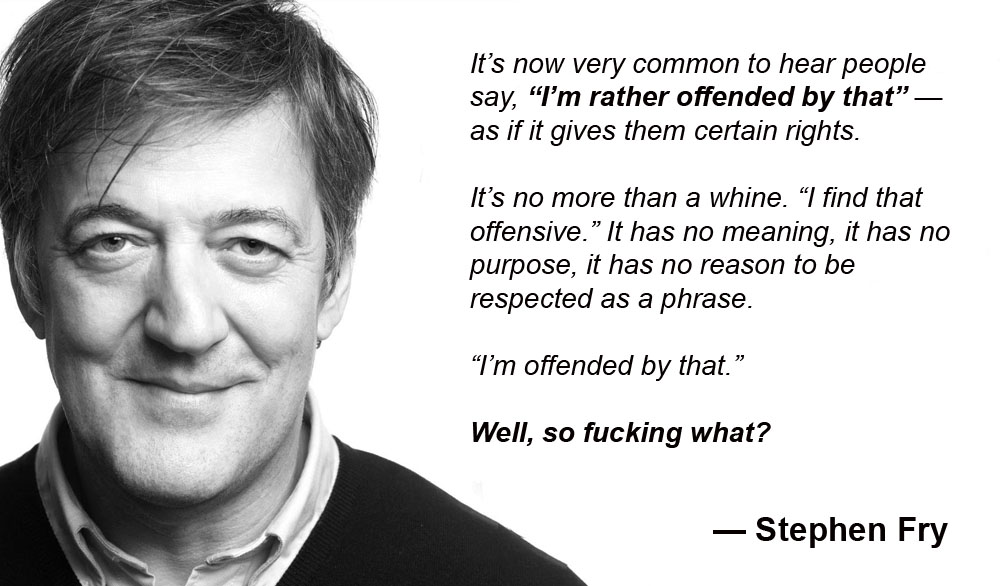
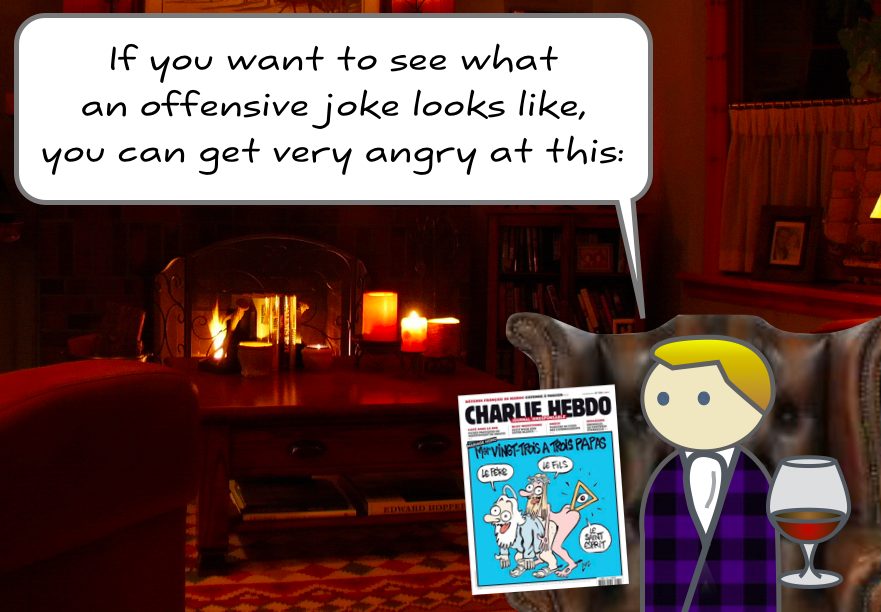
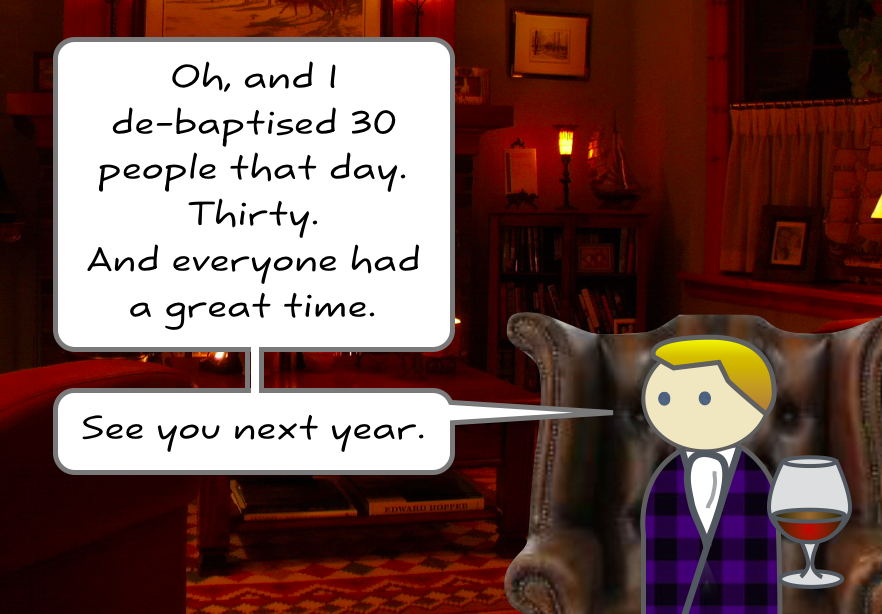
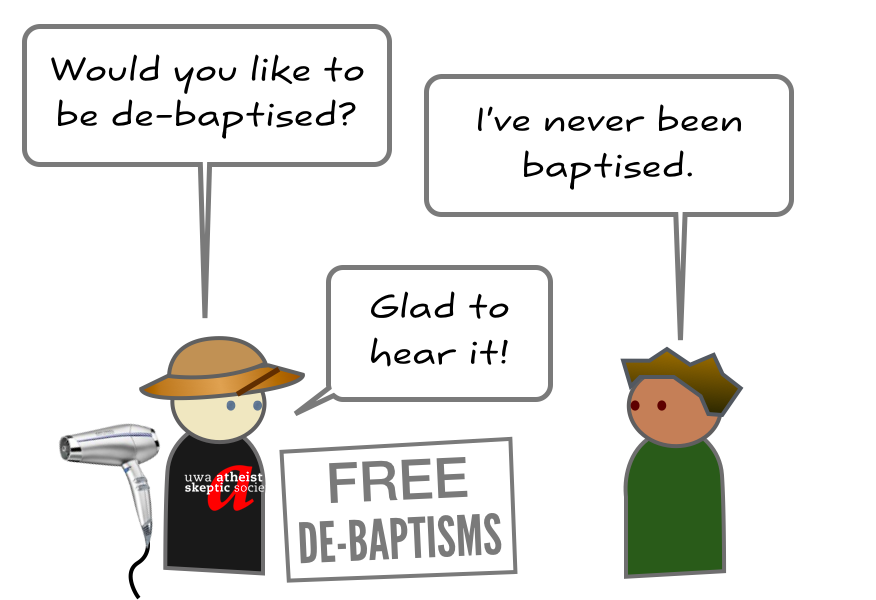
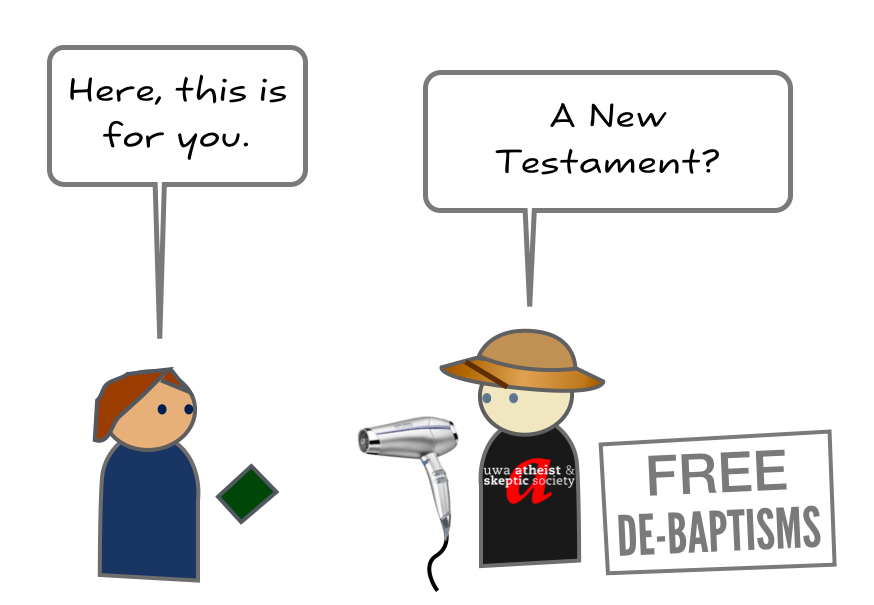
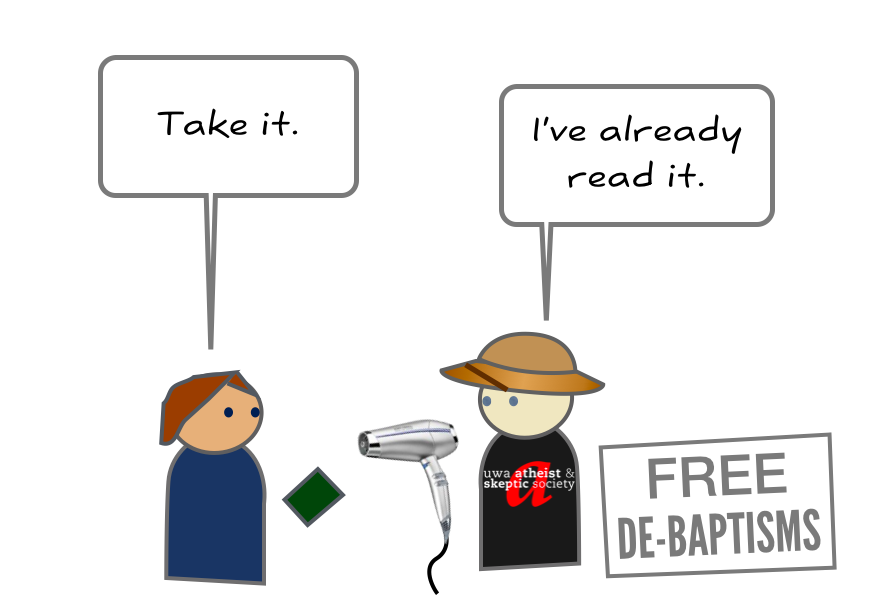
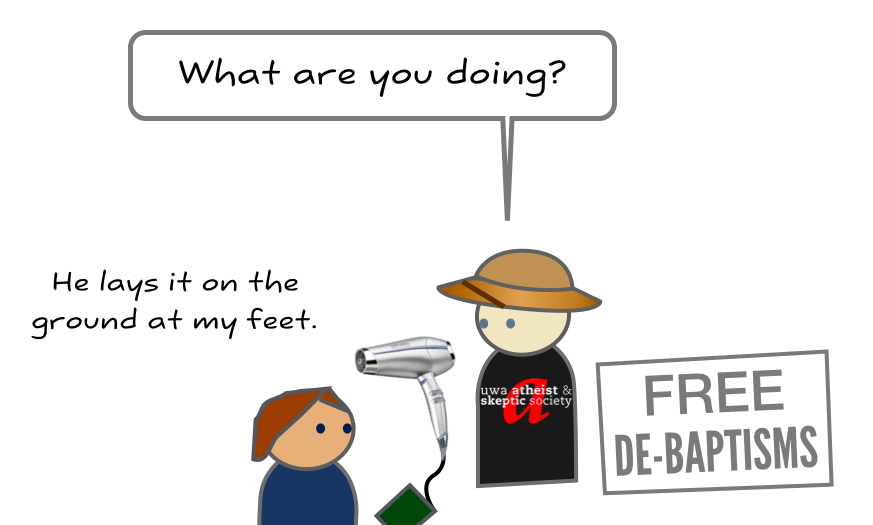
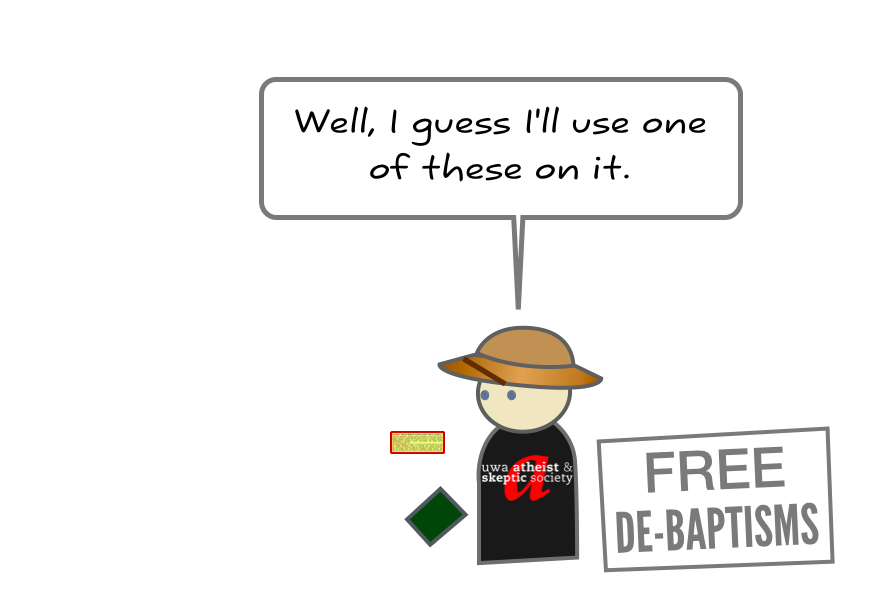
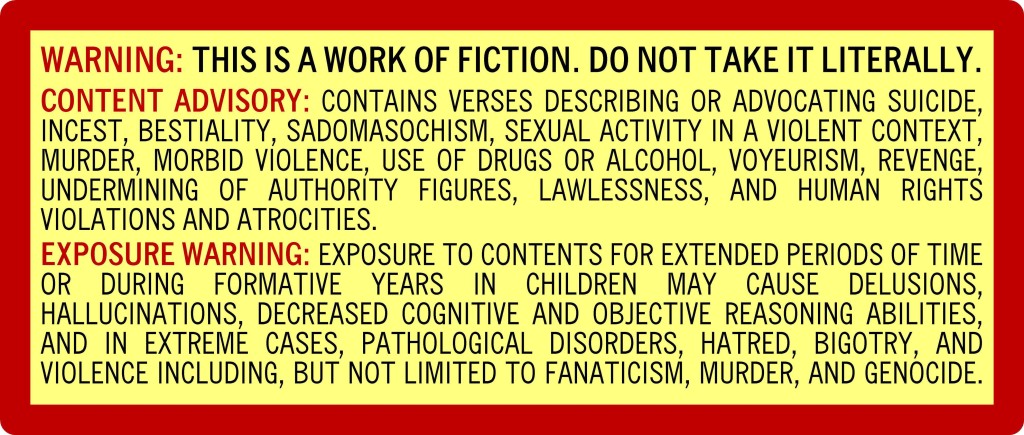
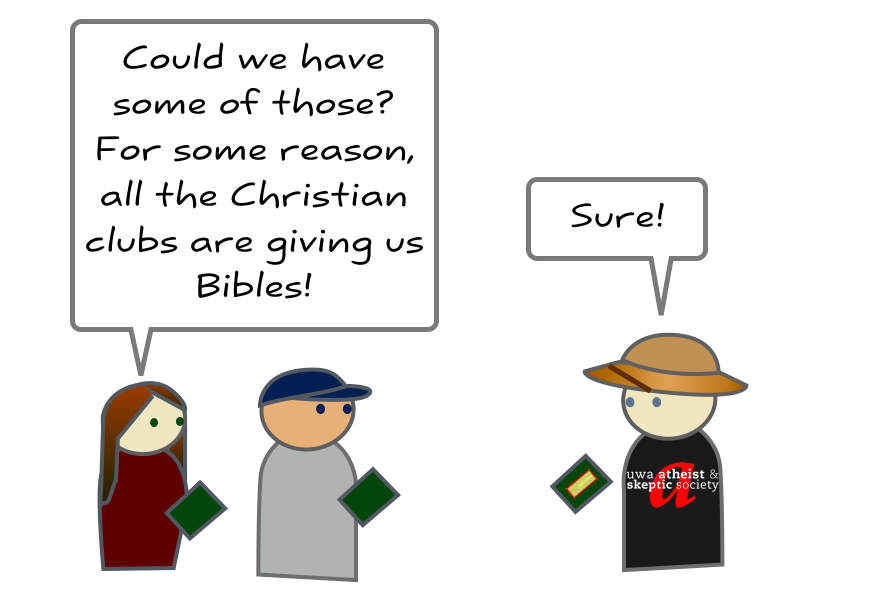
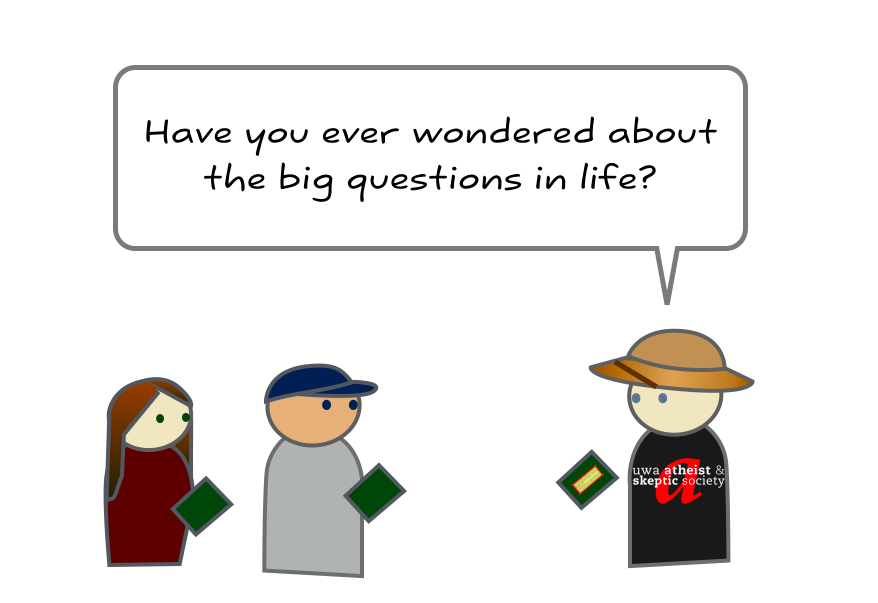
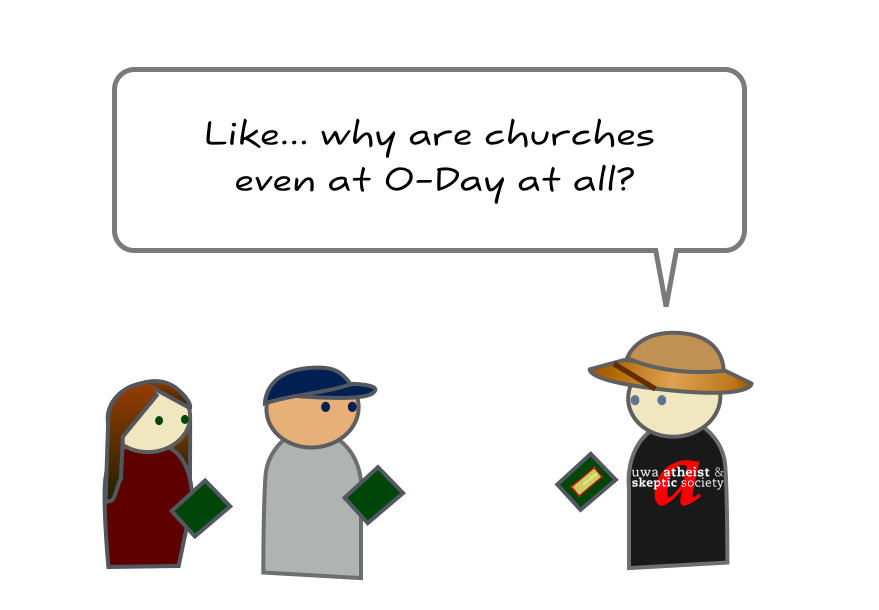
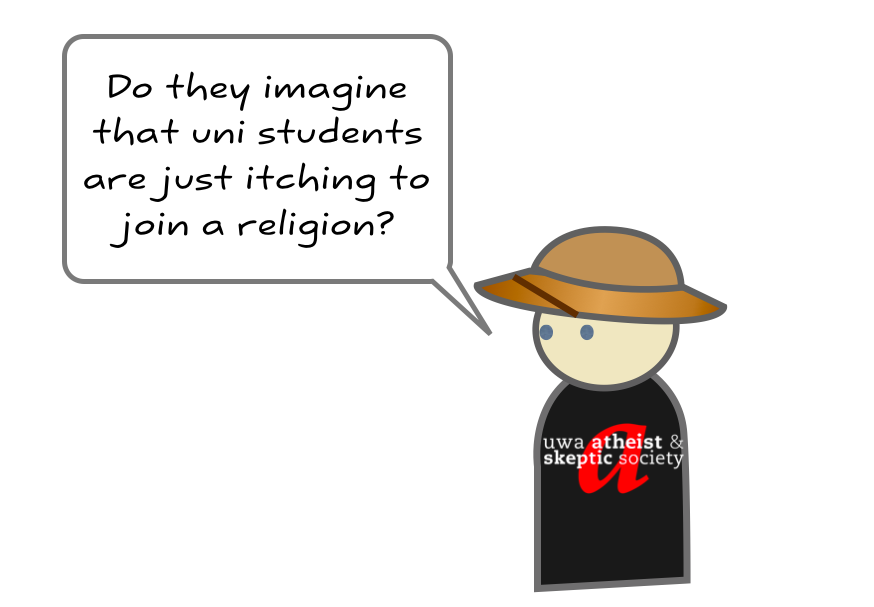
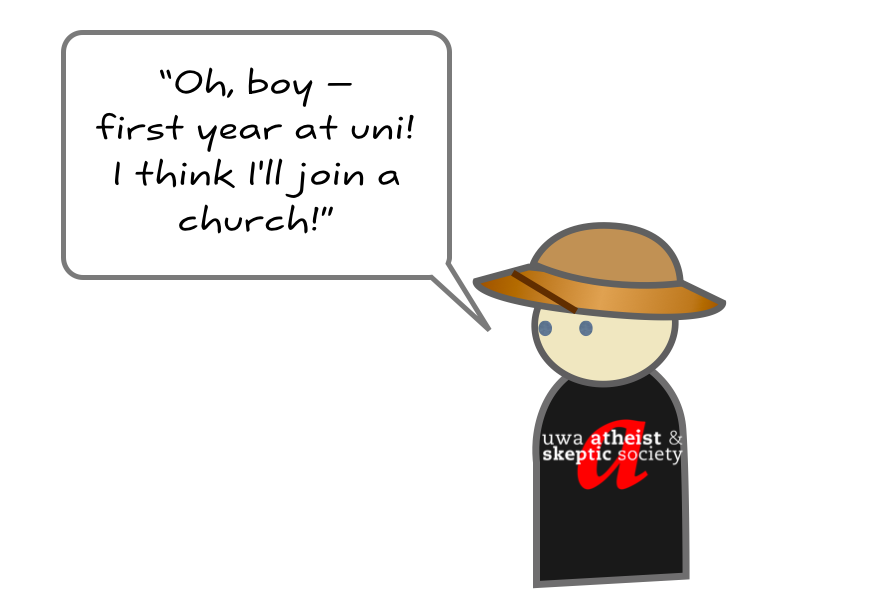
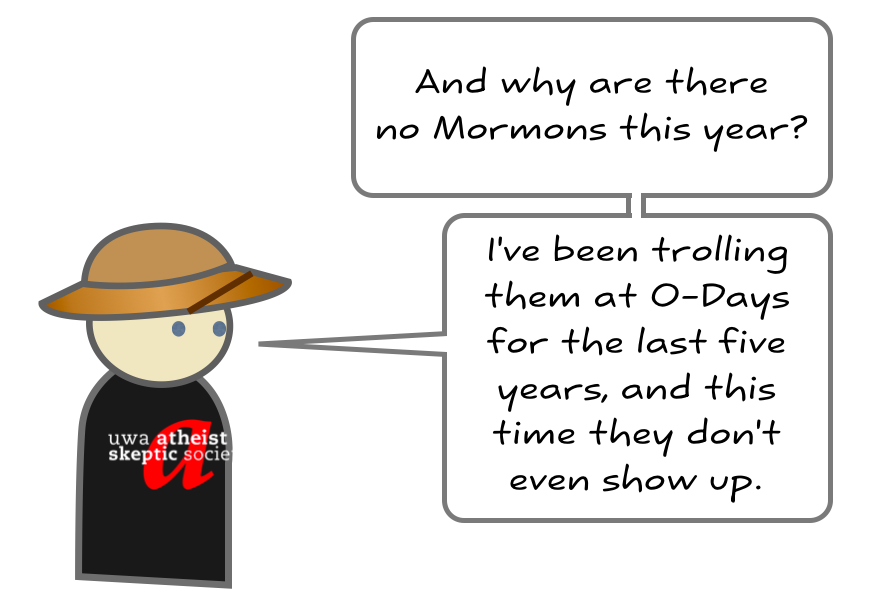
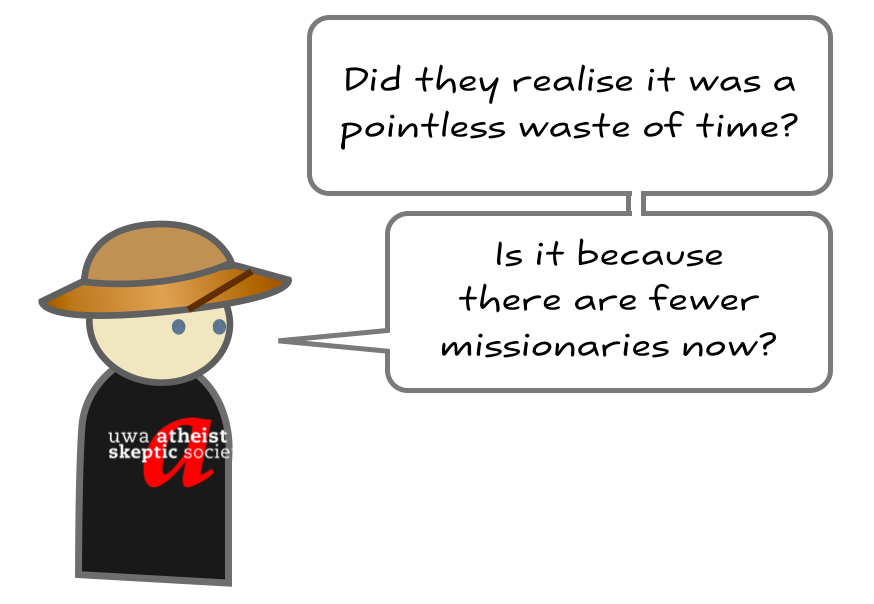
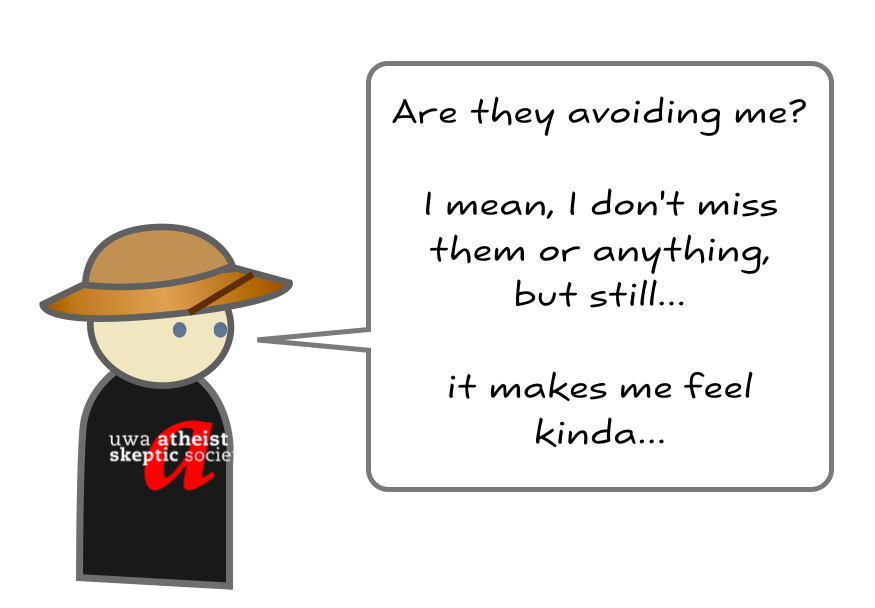


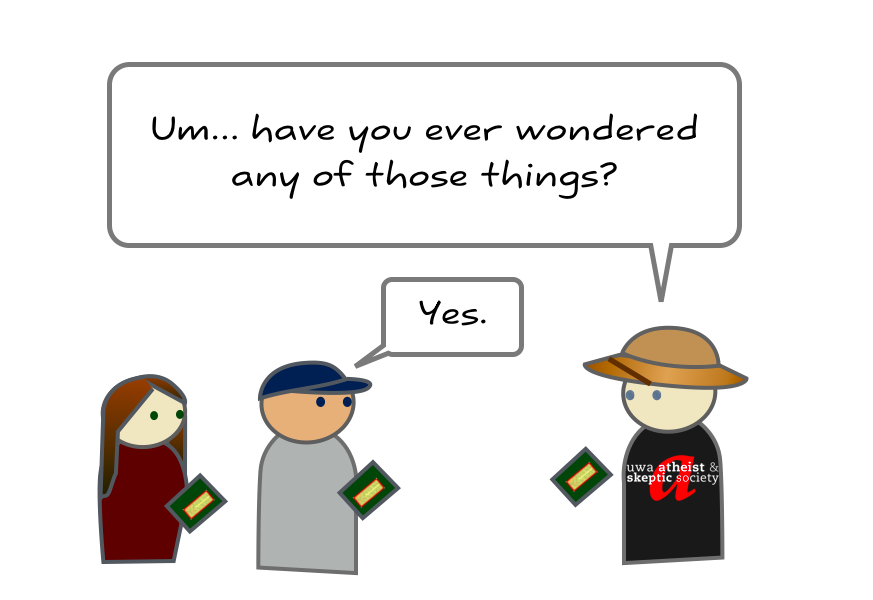
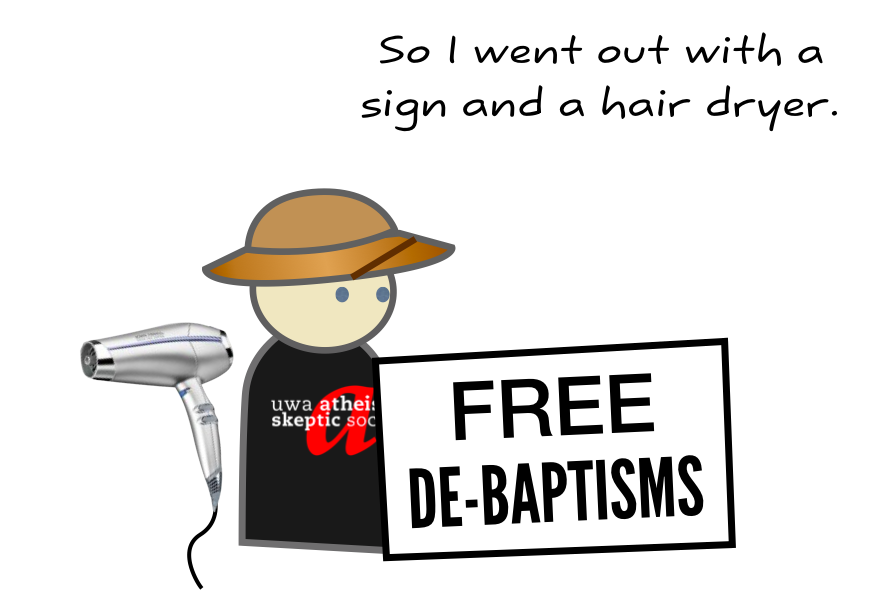
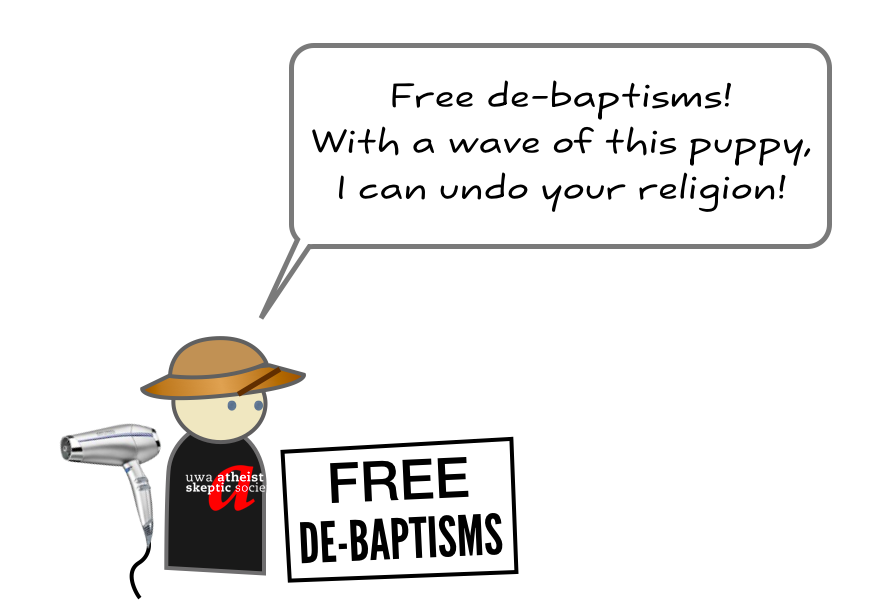

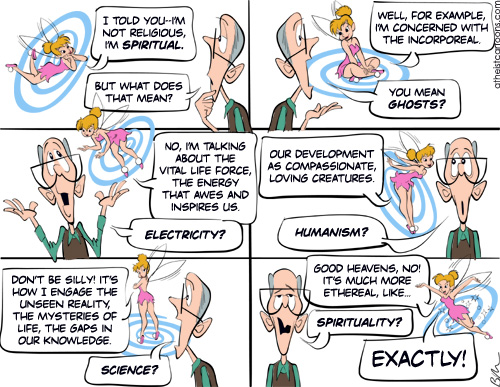

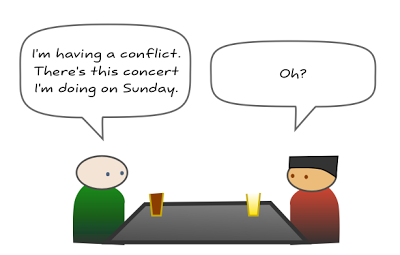
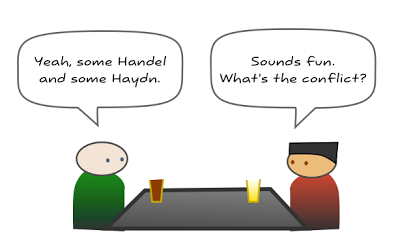
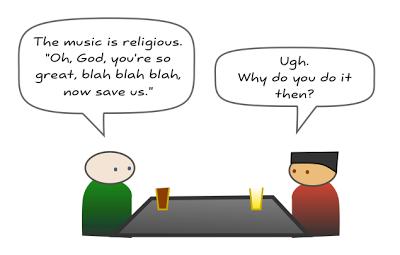
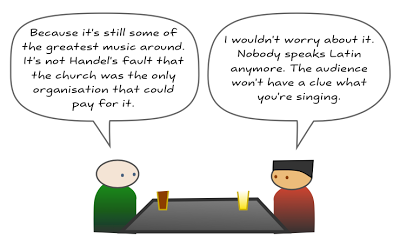
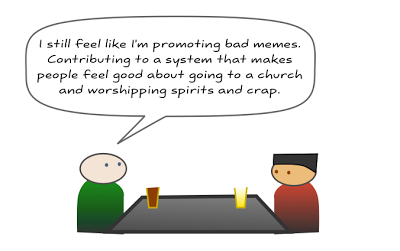


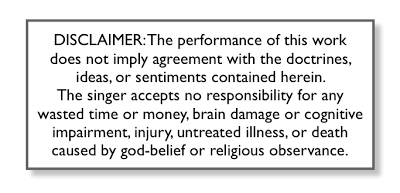
Recent Comments